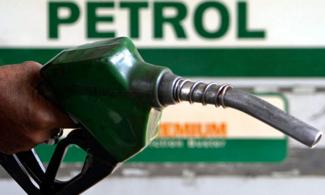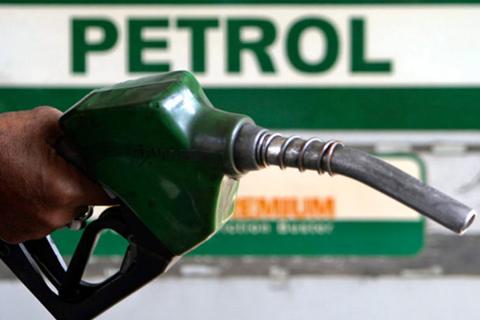
It was observed that bus stops are now more crowded than ever, as fewer vehicles are on the road, with longer queues witnessed in petrol stations.
Residents of the Federal Capital Territory, FCT, Abuja, have lamented the non-availability and high cost of Premium Motor Spirit, popularly known as petrol.
In major towns across the FCT, the non-availability of fuel has led to a boom in “black market” sales, as motorists have opted to patronise the only available channel of getting the product.

Taking advantage to make brisk sales, black marketers in Kurudu area of Abuja sell a litre of fuel at 1,000 naira, while 10 liters is sold for N4,500 in Gwarimpa area.
“I bought two liters of fuel for two thousand naira from black market, because no filling station is selling around my area. From Kurudu to town is now 1200, Keke to Nyanya is 500.
“10 liters of fuel in the black market now sells for N4,500 from Gwarimpa area,” a motorist lamented to Daily Post.
Commuters in their large numbers are stranded because the number of commercial vehicles plying the routes of Abuja has drastically reduced. Most passengers and motorists now opt to trek distances as fewer vehicles are on the road.
It was observed that bus stops are now more crowded than ever, as fewer vehicles are on the road, with longer queues witnessed in petrol filling stations across the city.
Similarly, cabbies, such as Uber and Bolt drivers have abandoned the use of Apps as they would negotiate a fresh price with intending passengers different from the amount shown on the Apps.
Most of them complained that the company has refused to increase the fare despite buying fuel at exorbitant prices.
The development has forced many drivers to stop work, as few drivers are available on the App, checks on Wednesday morning showed.
The importation of millions of adulterated PMS from Europe into Nigeria, as claimed by the Nigerian National Petroleum Corporation has no doubt, disrupted the fuel supply system of the country, leading to long queues and untold hardships to Nigerians.